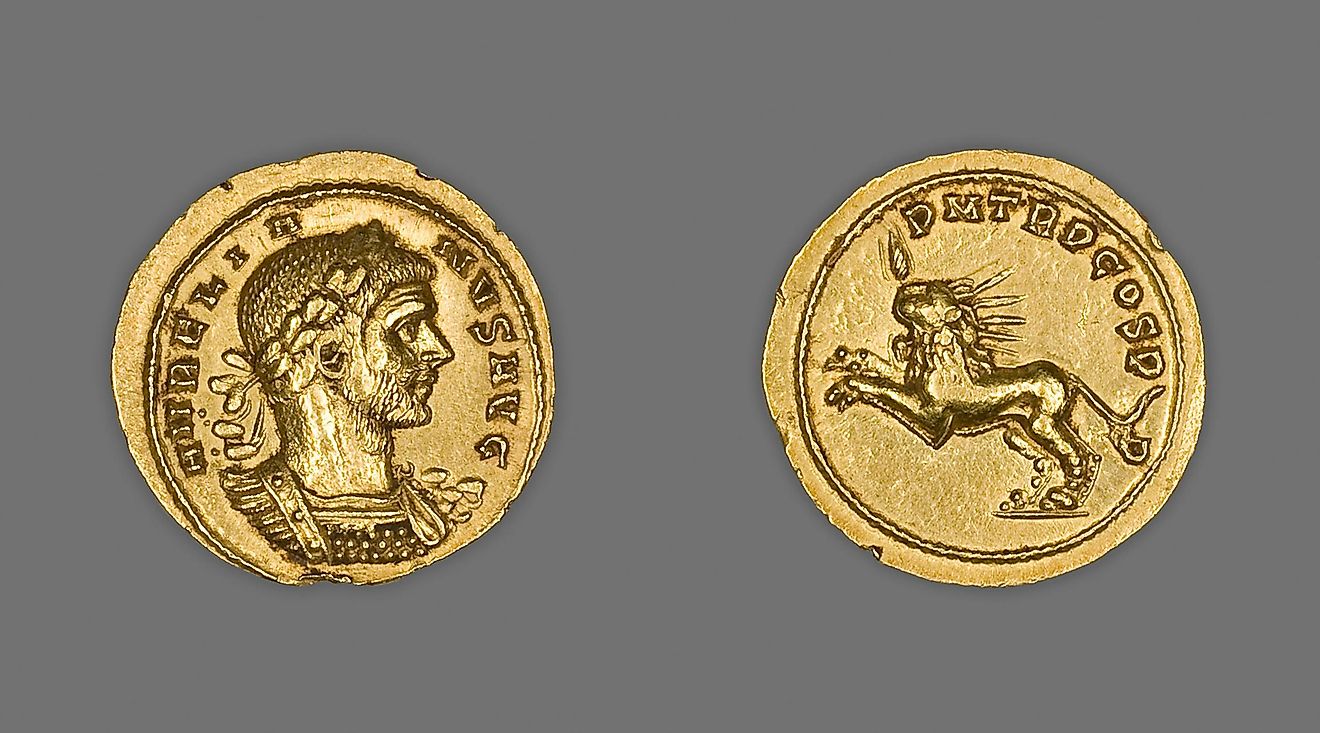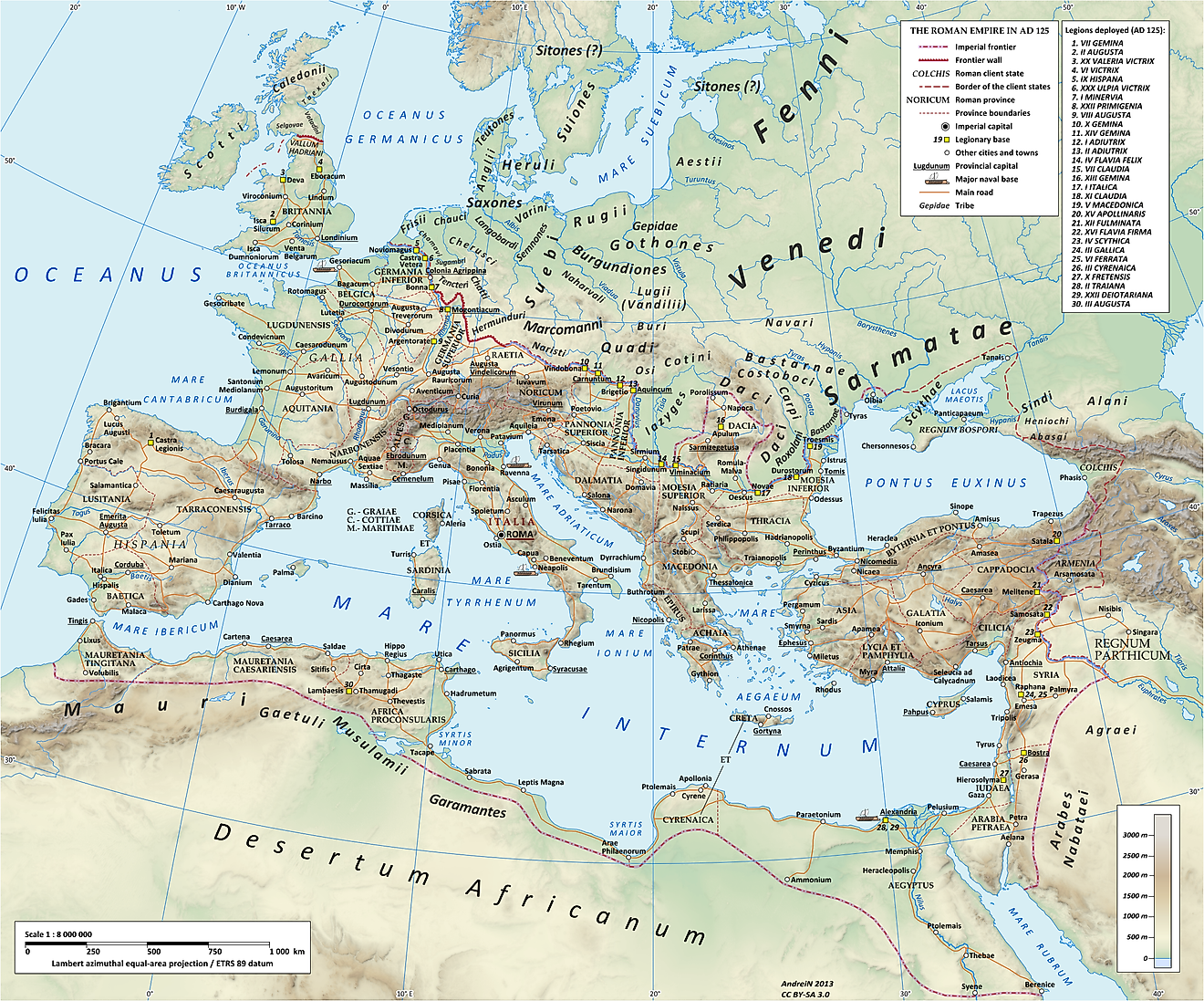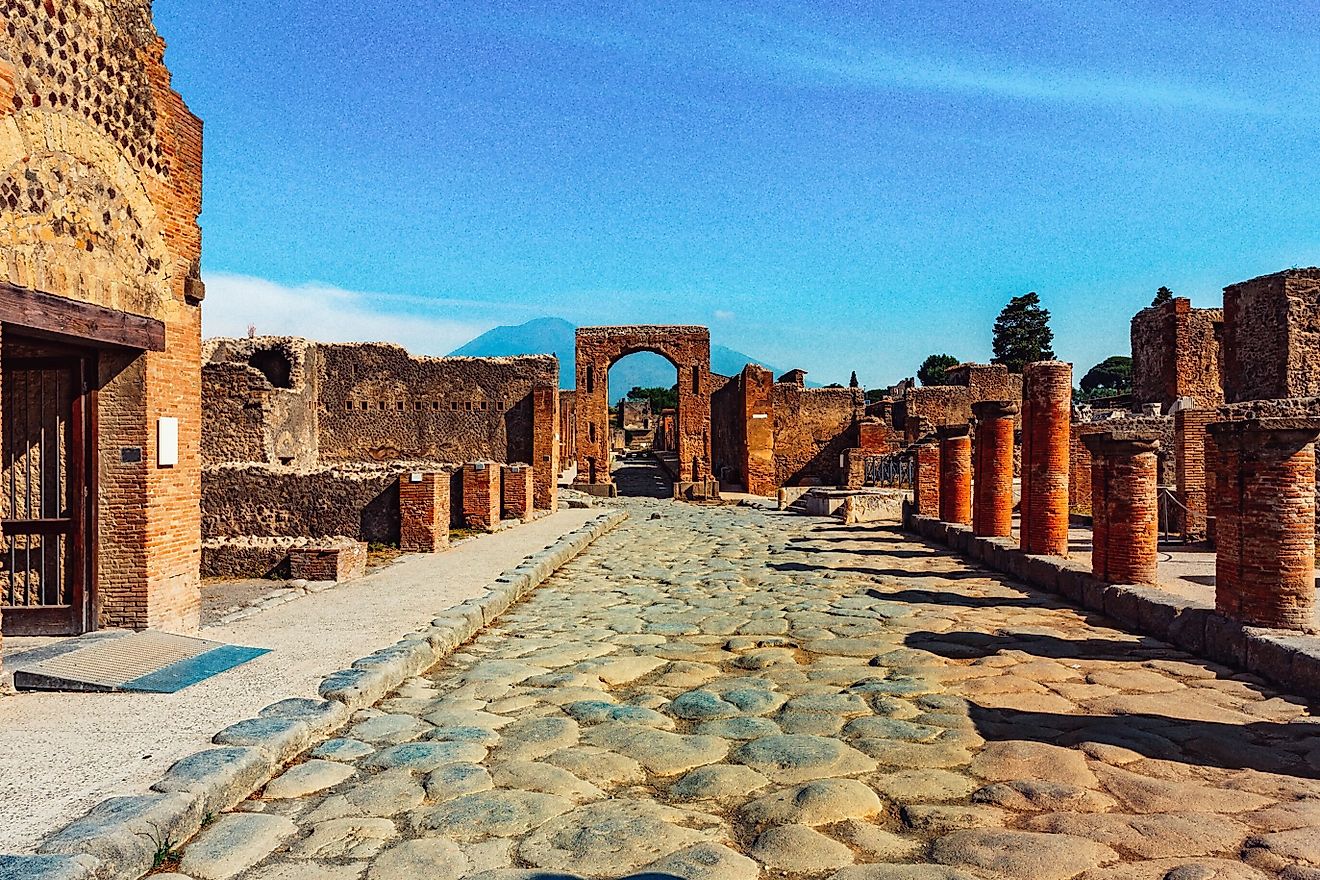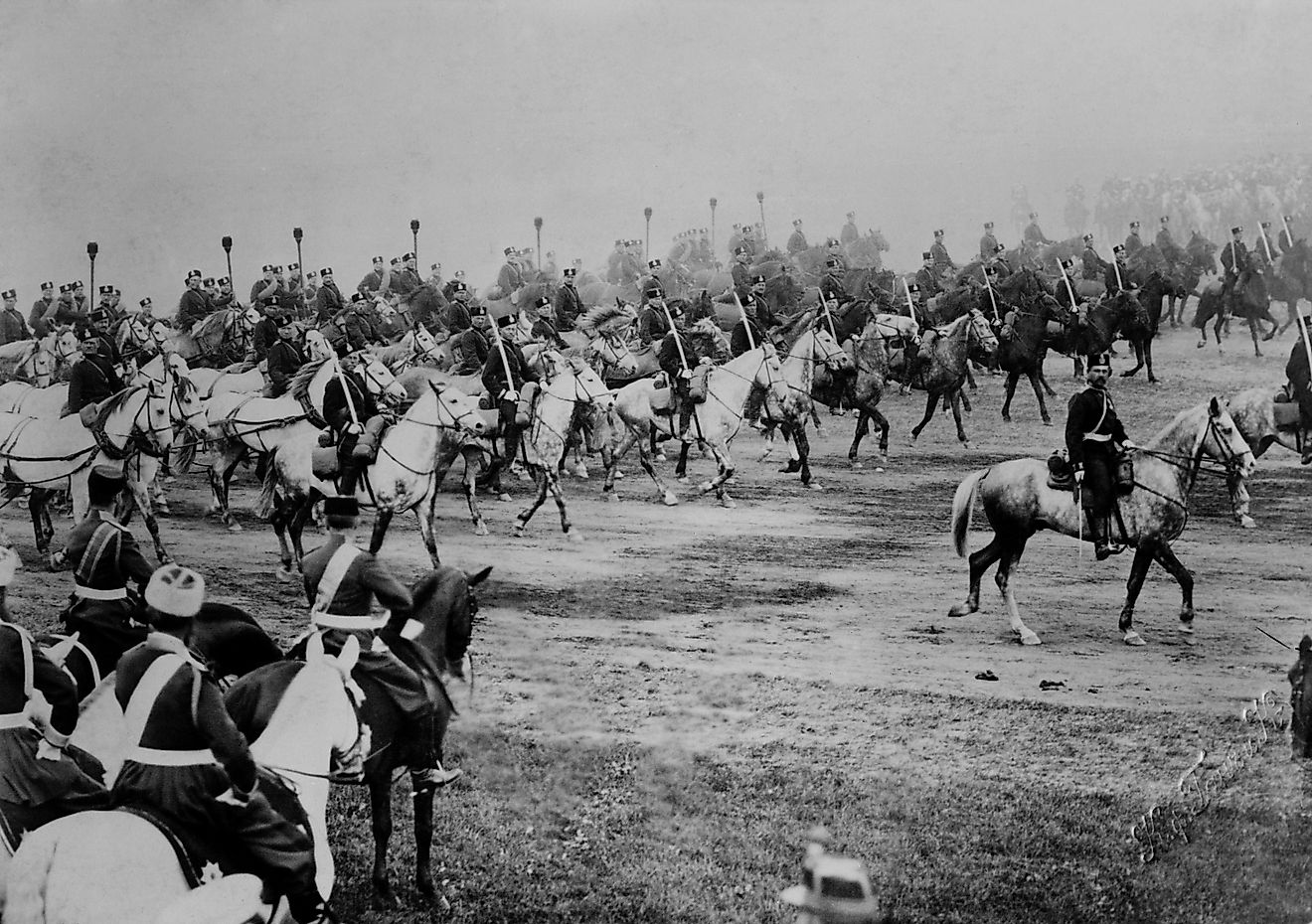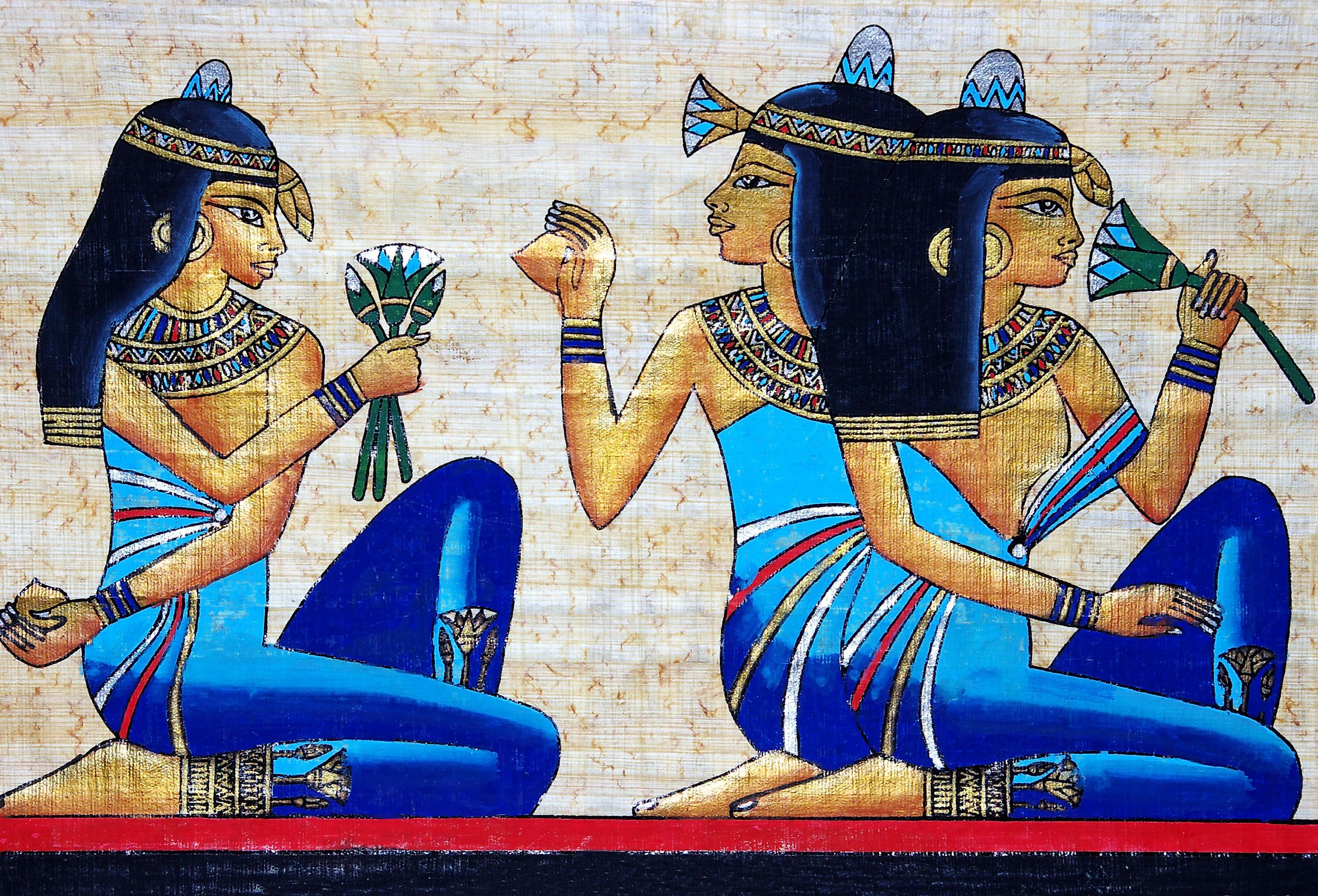
Women’s Legal Rights in Ancient Egypt
When speaking about gender equality, ancient Egypt isn’t usually mentioned. However, in terms of women’s rights, ancient Egypt was a trailblazer. Unlike comparative societies at the time, women in ancient Egypt were equal to men in the eyes of the law. Although gender roles still existed in ancient Egypt society, women were important and had autonomy.
Balance

Ancient Egypt’s value of ma’at paved the way for gender equality in their society. The concept of ma'at was a central value to ancient Egyptian civilization, the concept of harmony and balance in a person’s life. Seen in their art, religion, government, and even their idea of gender roles, the idea of ma’at was intrinsic to ancient Egypt’s culture.
In ancient Egypt, men and women were a part of this balance. Both genders were equal in all aspects except occupation. Men typically took positions in the social sphere, while women dominated the household. Although ancient Egypt was socially dominated by men, women had the same legal rights.
Women could marry and divorce who they wanted, travel, own property and have some freedom in choosing their occupation (if they had one). There were also some female deities who oversaw important functions in society. A popular creation story in ancient Egypt included two deities, one female and one male creating the earth; the myth follows the idea of balance. Seeing important female deities in ancient Egypt myths shows women had valued and it helps explain why women also had legal rights in this culture.
Property Rights

Some of the earliest records from Egypt’s Old Kingdom, ranging from 2575 BC to 2150 BC, indicate women could own property and were, at court, legally equal to men. By contrast, in other societies, such as ancient Greece, women were not considered legal persons, were unable to own their own property, and could only participate in the legal system through a male. Ownership of land and property is a source of empowerment as property ownership provides income and security. In ancient Egypt, some property was joint property. This was property a married couple obtained during their marriage. If a husband disposed of or sold a piece of joint property, he was responsible for giving his wife something of equal value.
Another important part of ancient Egypt's legal system was that women had contracts proving their land ownership, in their own names. This meant that the women were accountable for any transactions made with their property. The Papyrus Wilbour, a long text recording "taxes" due on farmland, recorded over 10% of the land owned by women. The women acquired this land, held the title for the land, and were responsible for any assessments due.
Early documents from Egypt’s New Kingdom also suggest women were integral to Egypt’s working economy. There is evidence of women working as merchants in the market scene and as priestesses. Women were also heavily involved in certain industries, including, weaving, perfume-making, and entertainment.
Marriage and Annuity Contracts

Unlike today, marriage in ancient Egypt was private and the state did not keep marriage records. There are exceptions but most of the time, marriage in ancient Egypt was only allowed within social classes. For example, a woman would marry a man of similar social status to her father or brother.
While women had ways to gain their own wealth, often they needed to ensure their husbands would provide for them and their children. From this rose annuity contracts, also called marriage contracts. The marriage contracts were strictly concerned with the economic matters of the future family. They would ensure the annual responsibility of the husband to feed and clothe the wife and their children. Since women in ancient Egypt were equal to men in the legal system, marriage contracts were directly between husband and wife. This allowed the woman to make the contract in her own interests.
Divorce

Archeological records indicate divorce and remarriage were common in ancient Egypt. Either the husband or wife could divorce their spouse because of their own interests. The state was not involved in the divorce. However, the economic responsibilities the couple agreed to in their annuity contracts still made divorce a serious decision, with consequences.
If the divorce did not end well and a spouse remarried, there were often legal battles over property and inheritance rights. If a man divorced a woman, he was also required to repay her dowry and he faced a fine.
The ancient Egyptians were ahead of many other societies from ancient times in terms of gender equality. In the eyes of the law women and men were equals. Today, depending on where you are, women are not always seen as equals to men in the eyes of the law. Learning about gender equality in ancient Egypt shows the importance of having equal legal rights for gender equality, particularly in terms of freedom around marriage and property rights.




